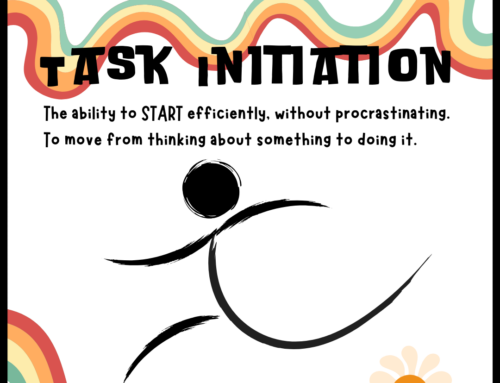Yellow Parachute thinks about the whole picture when it comes to succeeding in the classroom. Just like a coach must consider the physical and mental conditioning that helps their athletes, so must we consider the conditions that helps our students thrive. Not only do we help students in calculus and essay writing (and many other things), but we are constantly factoring in modern brain research. The goal is always learning how to learn—a lesson that’s valuable for any age, kid through adult.
Getting a full night of sleep is one of the best ways to succeed. It sounds easy, but almost every student we talk with has, at some point, struggled to get a minimum of eight hours. Each time we get a full night of sleep, our brain re-sets, leaving us ready to form new pathways in our brain. Barbara Oakley focuses on this idea in her book Learning How To Learn. She calls it our nightly “brain upgrade.” Who doesn’t love the idea of a nightly software upgrade? I sure do!
Oakley’s main point is backed up by powerful research by the brain-expert Dr. Guang Yang. In Oakley’s book, she explains what Guang’s research means in simpler terms. The research of how our brains become ready to learn, boils down to four main steps.
- When we are focused on learning something—even reading this blog—tiny bumps form on the dendrites of our neurons. They look to me a little bit like buds on a tree.
- Then while sleeping, “spines” begin to grow from the buds! Kind of like new branches on a tree. And these spines or branches make connections to other neurons. This is “solidifying” your learning.
- The more spines, the more connections, and the easier learning becomes. This is the science behind learning how to learn.
- Even dendritic spines or branches that grow and form can be swept away by your nightly janitor if the connections are not meaningfully made. Oakley warns against too many distractions, like texting friends when studying.
Need to get started right now? Try the Pomodoro method. All you need is a Simple (and free) tomato timer. It’s this kind of universal application that makes me excited about the study of learning. Pomodoro works for everyone.
Want a challenge? Try two Pomodoros this week, and then let us know how it went by commenting on the YP blog.







